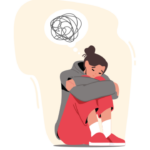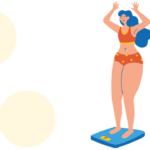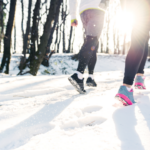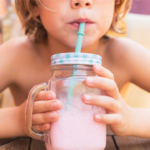
Here is the scenario for most of us – you would put more time and money into self-care if only you had more time and money, right? Dr. Marita has some fabulous tips for pampering yourself that are cheaper and closer to home.
For Calming and Centering
Flowers – Whether they’re store-bought or gathered from the garden (which are inexpensive and easy to grow from the seed), display them where you can see them.
Tech timeout – Consider stowing away your electronics because “timeout” will reduce your stress and diminish that sense of never having enough time to do anything for yourself.
Tea – Studies show that the ritual of heating, preparing, smelling, and savoring a cup of tea reduces tension
and improves mood.
Bathing and essential oils – Taking a warm bath reduces anxiety and improves sleep, while applying essential oils, such as lavender and jasmine, does wonders to calm a nervous system in overdrive.
Self-massage – Use a tennis ball on a wall to work your shoulders, or put your hands on your head, neck, and the small of your back. You’ve been missing out!
To Disconnect, Reconnect, and Refocus
Walking for just 20 minutes in a pleasant landscape can distract you from your frustrations and lower your blood pressure.
Nature – Unable to leave the office? No problem; pull up some nature photos and spend a few minutes enjoying the images.
Volunteer – Make room in your calendar to volunteer, or better yet, get together with friends and find an organization that can use your skillset to make your community better for all.
I share with my patients every day that it’s their life and their health. Self-care begins with setting our own priorities.
WV Magazine Update – Microplastics
The news on microplastic pollution keeps getting worse.
A study published in the journal Environment International tested 22 anonymous blood samples and found plastic particles in 80% of the people tested, showing that plastic may travel and lodge in organs. Women’s Voice has previously reported on the growing body of evidence that tiny bits of plastic have been circulating in the air for several years, and no corner of the earth has escaped this kind of micro-pollution. However, we can now confirm that those tiny plastic particles circulate in our blood and accumulate in our organs. Which organs do they affect? And what sort of health damage can this foreign material cause? These are topics for future and ongoing scientific study.












